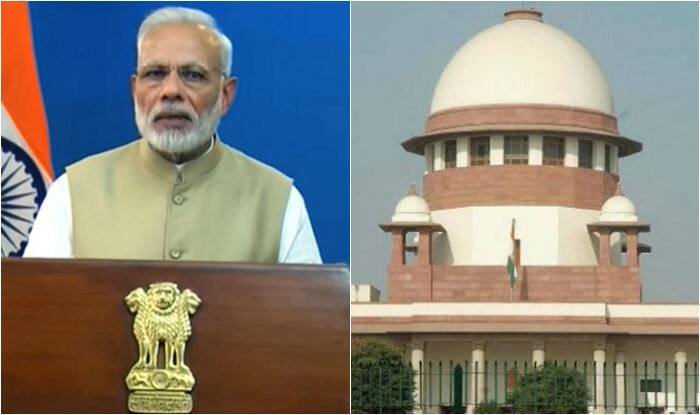
By clicking “Accept All Cookies”, you agree to the storing of cookies on your device to enhance site navigation, analyze site usage, and assist in our marketing efforts Cookies Policy.

New Delhi, Dec 9: Supreme Court on Friday asked a slew of questions to Prime Minister Narendra Modi-led government while hearing a bunch of petitions questioning rationale behind the implementation of the demonetisation. To judge whether the decision to demonetise old Rs 500 and Rs 1000 currency notes was constitutional, Supreme Court sought answers on nine issues from Narendra Modi government. From ‘who made the policy’ to ‘whether co-op banks can accept old notes’, the apex court framed nine questions for adjudication to decide whether demonetisation order was unconstitutional or not.
A bench headed by Chief Justice of India TS Thakur asked the Centre as to why the order for giving Rs 24,000 per week to a person is not being complied with. “Can we say that this will be the minimum assured weekly withdrawal amount that a person can get from the bank?” asked the bench. “If you (government) had fixed the withdrawal limit of Rs 24,000 per week per account, then it should not be denied by banks,” said the court.
Responding to it, Attorney General Mukul Rohatgi countered by asking for information on the number of people who have come to the court complaining there being a limit on withdrawals. Supreme Court also sought response on the bar on district cooperative banks from accepting deposits in demonetised currency notes.
The Chief Justice of India also asked Modi government,”When you prepared the policy it was confidential but now can you tell us the estimates, how much time will it take?” A heated argument was seen in the Supreme Court during the hearing, leading Chief Justice of India TS Thakur to say it had become a fish market. Justice Thakur said there was no decorum despite it being the CJI’s court.
When asked about the benefits and objectives of demonetisation, Mukul Rohatgi claimed that the move has been implemented with the objective of curbing black money and fighting corruption. Rohatgi, however, defended the government and told the court that “all the necessary steps to ease the inconvenience of the public” were taken. “The government is not sitting around doing nothing … In 10-15 days it will be all over,” NDTV quoted the Centre’s lawyer as saying.
Opposing counsel P. Chidambaram maintained that the government will take a minimum of five months to print the adequate number of notes in order to restore normalcy in bank to public transactions. Replacing every demonetised note with a new note will take at least six months, Chidambaram told the court. Senior counsel Kapil Sibal, appearing for a petitioner, told the court that contrary to the government’s claim, there was no cash in the banks.
For breaking news and live news updates, like us on Facebook or follow us on Twitter and Instagram. Read more on Latest India News on India.com.